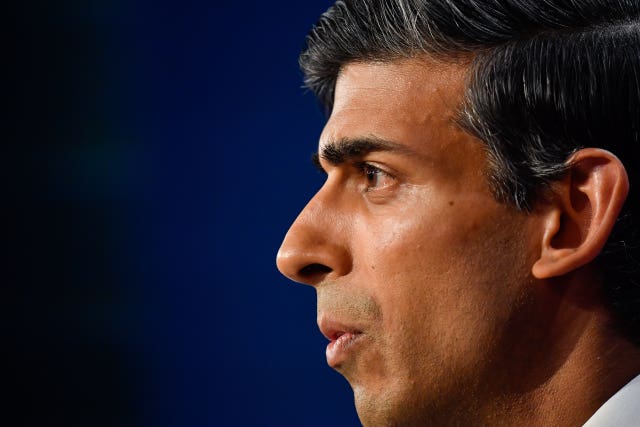As many as 1.5 million working people could be forced into hardship this winter by the “disastrous decision” to withdraw the £20 per week Universal Credit uplift, according to Citizens Advice.
Research carried out by the independent advice provider suggested that two-thirds of working claimants are bracing themselves to face hardship when the uplift is abolished at the end of the month.
Worrying times ahead
Financial fears include struggling to pay their bills, getting into debt or being forced to sell belongings to make up for the shortfall in their income.
Another quarter of working claimants could face even greater difficulties, the bureau’s research, which was published on Thursday, revealed.
The organisation said as many as 600,000 working Universal Credit (UC) claimants are worried they might not be able to afford food or other basic necessities like toiletries after the reduction in their income is introduced.
But the Tories still insist on this cut
The government provided an additional £20 per week to UC recipients at the outbreak of the coronavirus (Covid-19) pandemic. But chancellor Rishi Sunak has been adamant it must end by October. Business secretary Kwasi Kwarteng admitted this week, it could be a “very difficult winter” for some families.
Citizens Advice said the cut would come at the “worst possible time”, with rising energy prices and higher living costs forcing further pressure on household budgets. Dame Clare Moriarty, chief executive of Citizens Advice, said:
With energy bills set to rise and family finances already stretched to the limit, this cut is coming at the worst possible time.

Shop workers, nursery assistants and security guards are just some of the people on Universal Credit seeking our help because they’re already struggling to make ends meet.
With a cost of living crisis under way, it must reverse the disastrous decision to cut this lifeline.
Millions of workers are already on Universal Credit
Figures from the organisation said that around 2.3 million Universal Credit claimants are already in work, with a further 1.7 million unable to work due to health or caring responsibilities. Frontline staff at Citizens Advice, who are expecting extra demand for their support once the cut is introduced, said many people they are speaking to would struggle to make up the lost money by finding work or increasing their hours.
The taper rate – a reduction to UC based on earnings – means someone paying national insurance and tax could have to work nine hours at the National Living Wage rate to make up for the cut, according to the organisation’s workings. The research findings are based on ICM Unlimited polling for Citizens Advice using a sample of 2,183 adults receiving Universal Credit. The fieldwork was conducted between July 15 and August 2.















